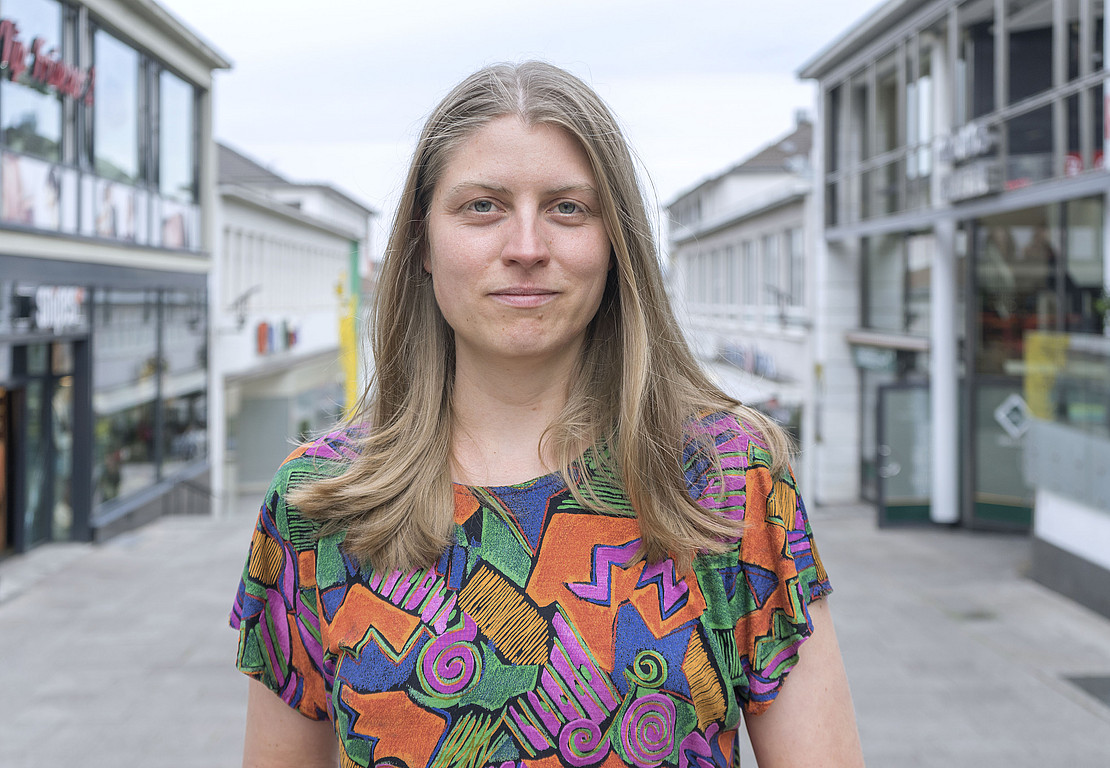This page contains automatically translated content.
What drives me - Anna Helfers
 Image: Julia Kopylova-Dulig
Image: Julia Kopylova-DuligAnna Helfers (30) Risk perception in times of the pandemic
When a crisis arises, it is not easy for us humans to act as long as the risk is still abstract and feels far away. We can see this in the climate crisis. It's similar with the coronavirus pandemic: initially, coronavirus only took place in China, but the disease got closer and closer and perceptions changed in Germany too. I asked myself how people make decisions in this crisis situation: How is human perception and action determined? That's how I came to write my doctoral thesis on risk perception in times of the coronavirus pandemic at the Department of Developmental Psychology. I want to find out which communication strategy best supports effective behaviors so that people act faster and better in the future in the face of impending crises - especially in the face of climate change.
In March 2020, I conducted an initial study and asked how the participants assessed the risk: To what extent does the fear of falling ill themselves or the fear that people close to them could fall ill have an impact on respondents' lives and actions? Did the respondents therefore tend to adhere to the recommended rules such as social distancing or washing their hands, or did they make hoarding purchases? How useful did they find the measures? Are people more likely to act when the risk is closer in terms of space or social interaction? The study found that people were more willing to engage in preventive behavior the higher they assessed the risk of the pandemic and the more effective they found the recommended measures. They were then also prepared to accept the costs of their actions.
During the Federal Ministry of Health's campaign on misinformation about vaccination in spring 2021, the question arose as to how helpful it is for official bodies to provide information about misinformation. The literature recommends that false reports should not be repeated in the first place in order to prevent the so-called "backfire effect". However, I did not find this effect in my survey - on the contrary: people who were undecided found the information quite helpful.
This article was published in the university magazine publik 2021/3. protocol: Christine Graß